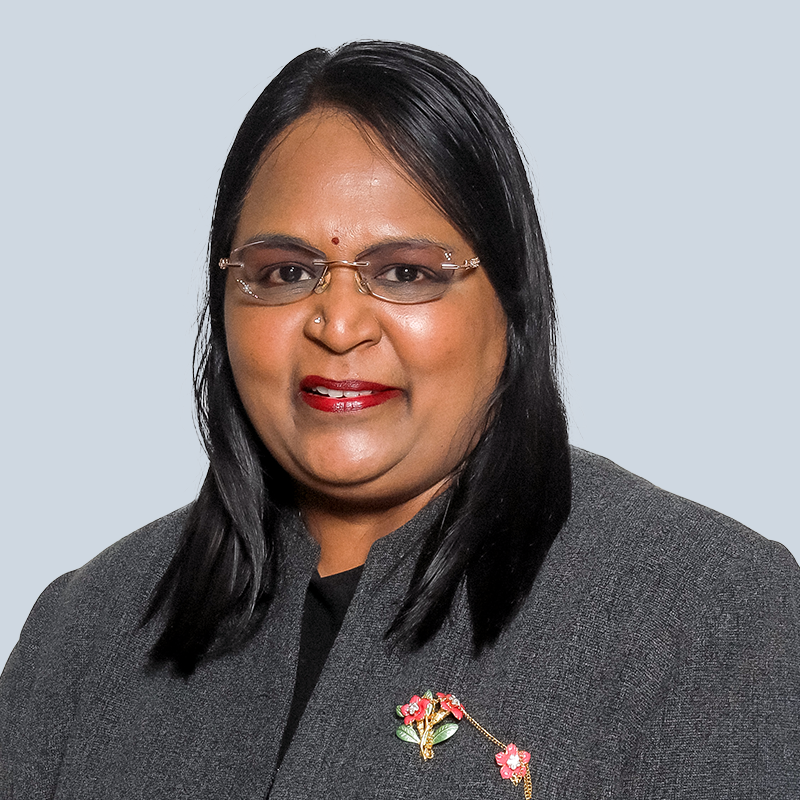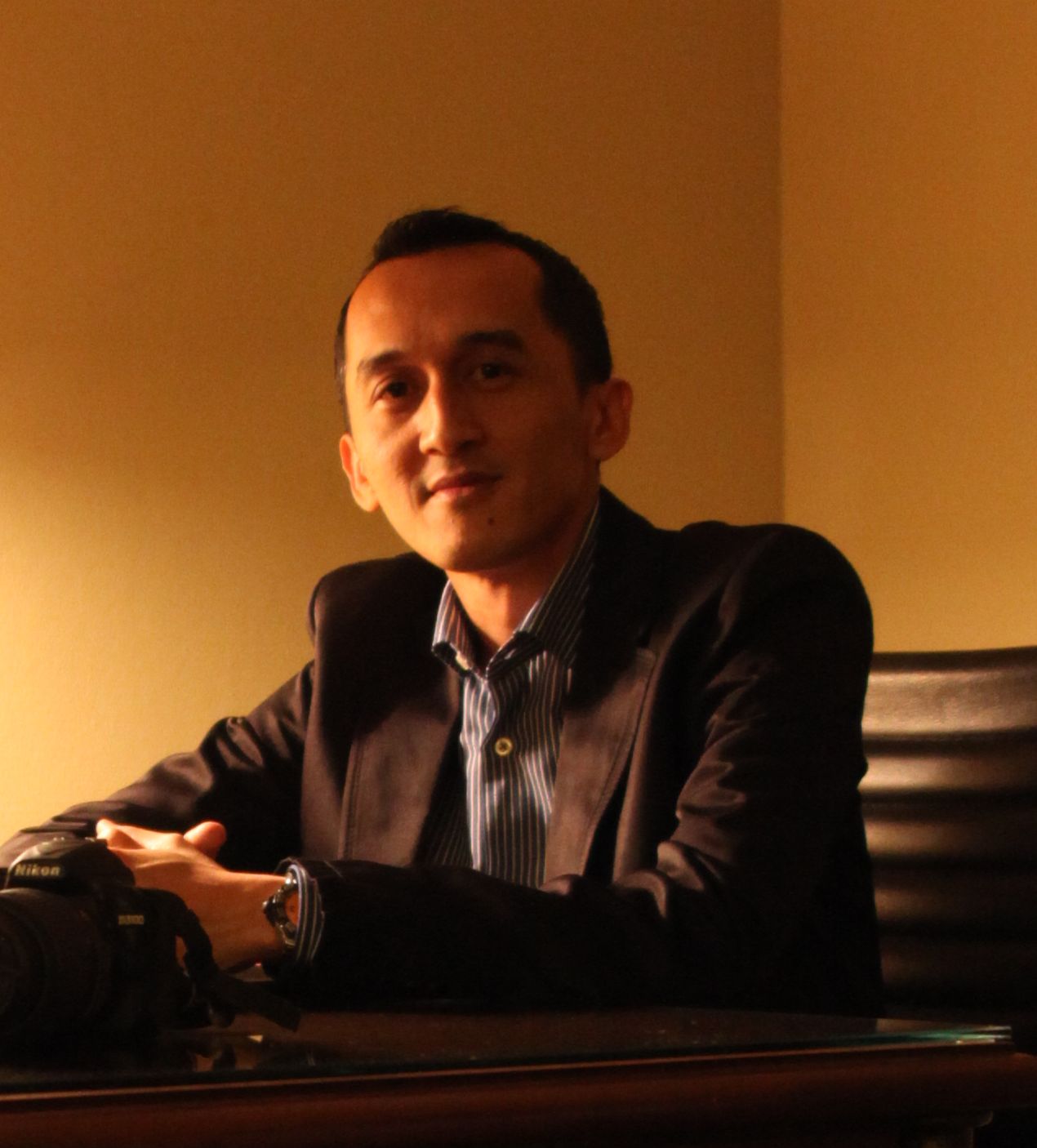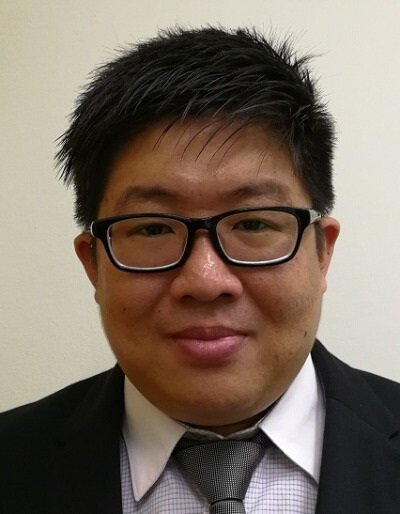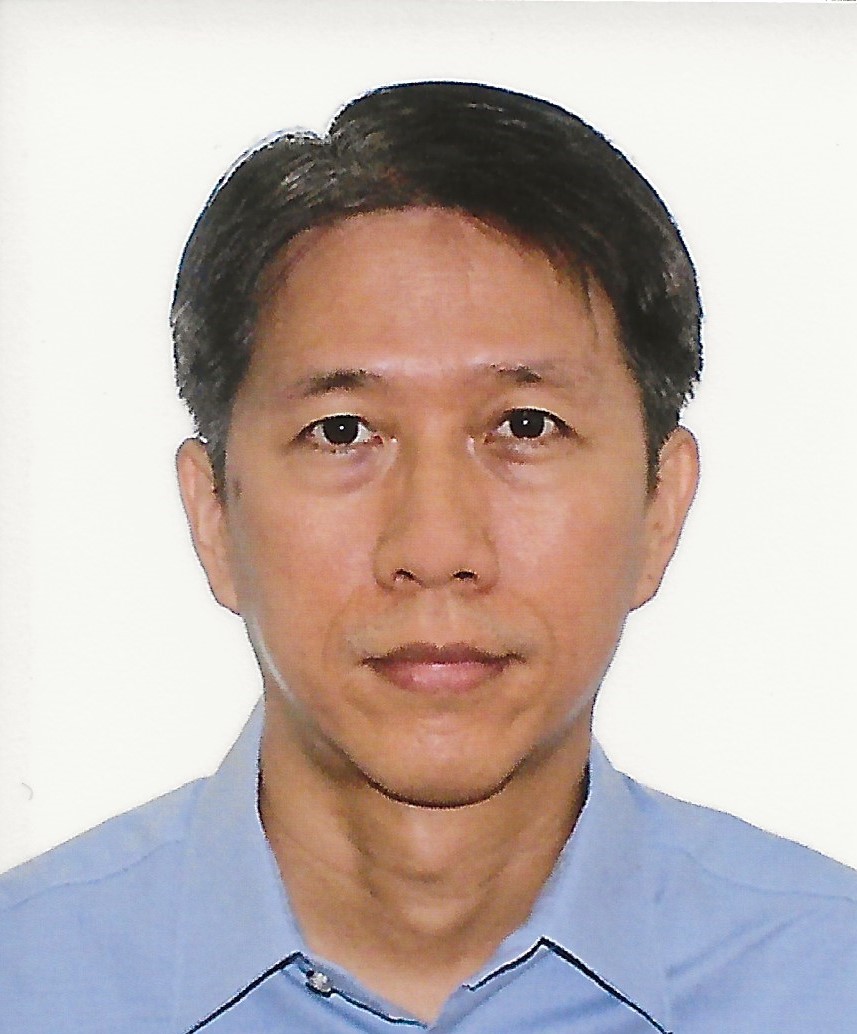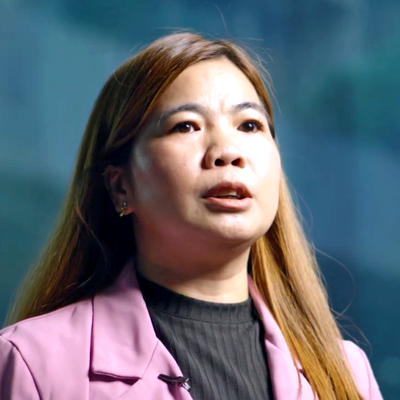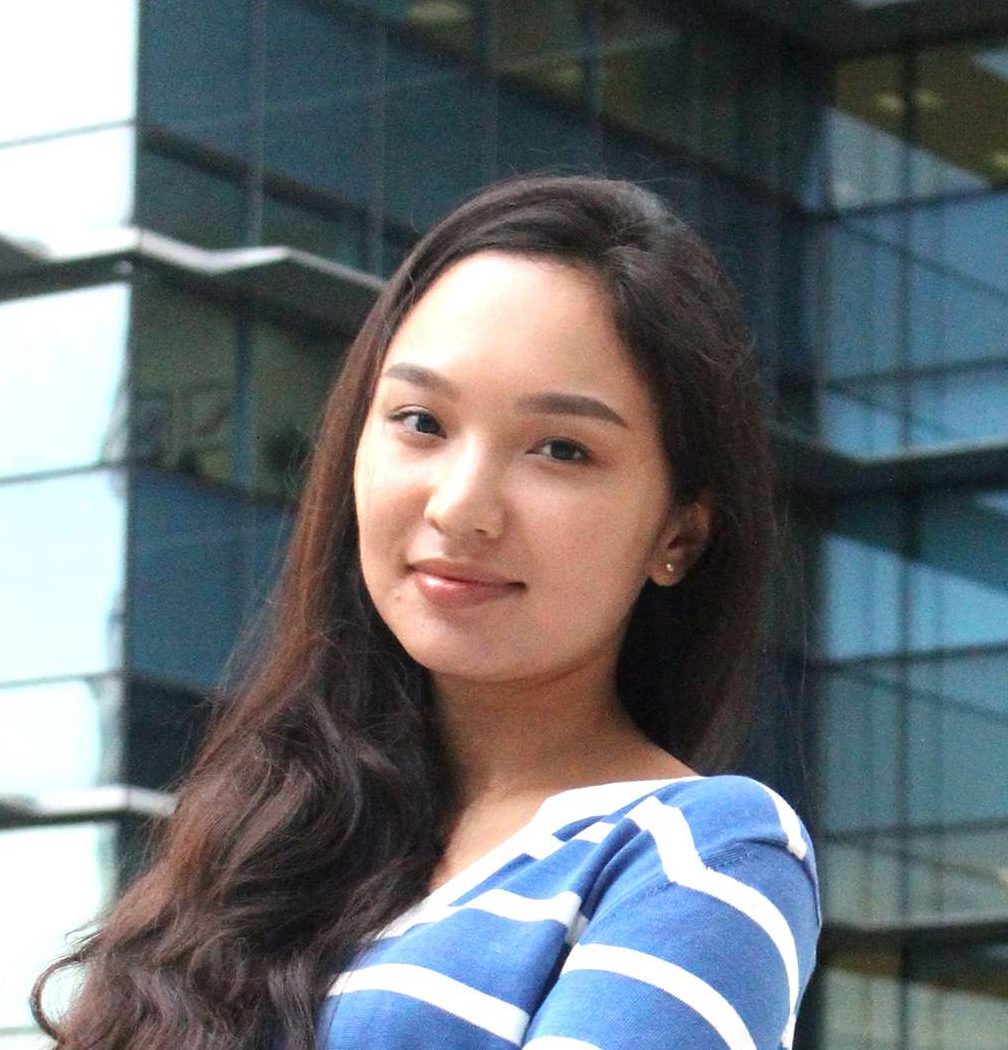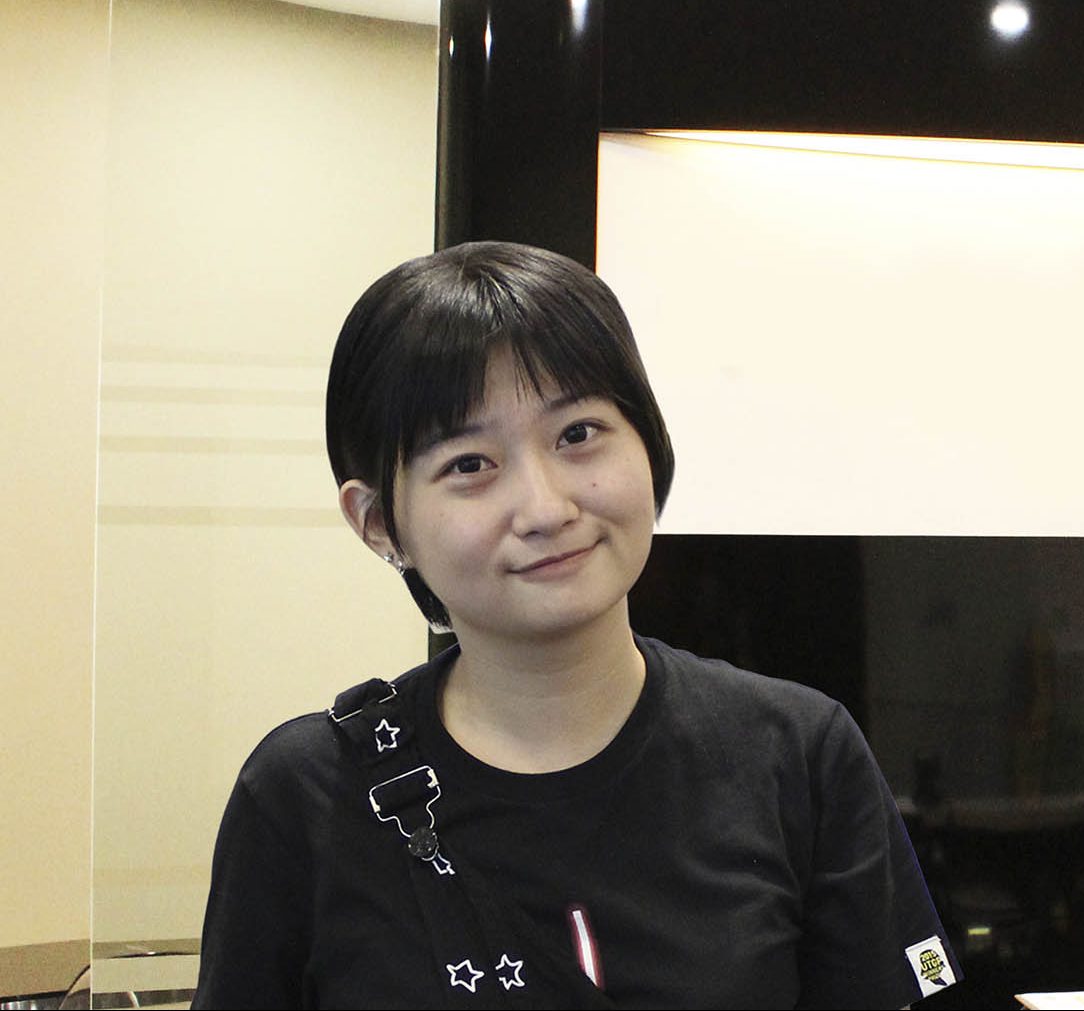
OVERVIEW
About This Programme

The Master of Science in Computer Science equips students with advanced theoretical knowledge and practical expertise in cutting-edge fields such as software engineering, big data analytics, artificial intelligence, cloud computing, and cybersecurity.
Students will gain a deep understanding of contemporary technologies and develop skills in problem-solving, innovation, and leadership in the tech-driven economy. Upon completion, the MSc in Computer Science will be awarded by the University of East London.
Ranked 10th in London for Computer Science
12 month | fast track degree
Practical and theoretic modules
3 out of 5 modules on Data Sci / AI/ Big Data Analytics
MODULES
Designed to explore beyond subject knowledge
The Master of Science in Computer Science programme covers essential and advanced topics, including software engineering methodologies, big data management and analytics, machine learning and AI, cloud infrastructure, and cybersecurity practices.
Graduates will gain expertise in developing scalable software solutions, managing and analyzing large datasets, implementing secure computing systems, and leveraging cloud and AI technologies to drive innovation. This combination of skills ensures readiness for leadership roles in IT and research, addressing the challenges of the rapidly evolving tech landscape.
Advanced Software Engineering
This module equips students with conceptual knowledge of software systems’ analysis, design, and validation. Covering all stages of the software development process—from requirements gathering to modeling, design, testing, and project management techniques—it also offers practical experience in designing and developing software using appropriate methodologies.
Big Data Analytics
This module provides students with the theoretical and practical knowledge necessary for big data analytics and system development. It offers insights into big data management and advanced analytics while equipping students with in-depth practical skills using cutting-edge tools and techniques in the field.
Artificial Intelligence and Machine Vision
This module provides students with foundational knowledge in Artificial Intelligence (AI) and Machine Vision, enabling them to develop competencies in digital image analysis and machine learning approaches for designing and developing computing applications.
Cloud Computing (Elective)
This module provides an overview of Cloud Computing, including its enabling technologies, building blocks, and hands-on experience. Students will explore topics such as data centres, virtualization, cloud storage, and various Cloud paradigms, along with the benefits, challenges, and service models associated with this domain.
Mental Wealth; Professional Life (Dissertation)
This module involves conducting a Master’s level practical project within the scope of the MSc programme, focusing on research, analysis, design, implementation, quality assurance, evaluation, and project management. Students will address ethical, legal, social, and professional issues while reflecting on their strategies to enhance reflective skills, self-awareness, and personal development approaches.
Full programme structure & learning outcomes
Get details and learn about the advantages of learning with LSBF.
what to expect
Advance Your Career in Computer Science
Programme Aims
- Design and develop large-scale service-oriented software systems from requirements to testing and management of the entire development lifecycle.
- Develop knowledge and research skills in artificial intelligence, computer vision, and data analytics to empower learners/students as professionals.
- Gain advanced theoretical and specialist practical knowledge of progressive and emerging topics.
- Tackle a cutting-edge problem from emerging areas in computer science, including its legal, social, ethical, and professional context, resulting in a high-quality research output through the dissertation.
- Develop the professional skills necessary for a senior career in the IT industry.
Learning Outcomes
Knowledge and Understanding
- Design and manage large-scale software systems by overseeing their entire Software Development Lifecycle.
- Utilise artificial intelligence, computer vision, and data analytics tools and techniques to address and solve defined problems.
- Identify, critically evaluate, and implement solutions for complex research or industrial computing challenges.
Skills for Life and Work (General/Transferable Skills)
- Study independently and effectively, presenting complex technical information clearly to professionals and the public.
- Develop strong interpersonal skills and contribute effectively as a team member or leader.
- Integrate research findings into professional practice and articulate results to inform decision-making and innovation.
Skills you will acquire

$92,000+
median Singapore salary for Accounting
483,000+
Singapore job openings in Accounting
75%
of graduates report positive career outcome
programme structure
Assessment, Graduation and Award
Modules are allocated a mark out of 100%. The pass mark for each module is based on an aggregate mark of 50%. The aggregate mark comprises marks from components/modules whose threshold is 40%. Assessment may incorporate one, two, or three components/modules.
The module specifications specify the mode of assessment for each module.
Assessment methods include formal examinations, work, project work, and group exercises.
Learners/Students with disabilities and/or particular learning needs should discuss assessments with the Module Leader to ensure they are able to fully engage with all assessments within the module.
Attendance requirement
International Students: 90%
Local, PR, non-student pass: 75%
Teacher Student Ratio
1:25
STUDENT SUPPORT SERVICES
Why choose LSBF for your education
Study Materials
Students will receive study materials after they have made full payment for their programme. Replacement of study materials is subject to additional charge.
Student Portal
Students have access to the Student Portal. It is a useful site where the course information and learning materials are available for students’ easy reference.
Accessible Faculty
Students may contact their lecturers directly via email outside the lecture hours for any academic related queries.
Recorded Lectures
We will show compassion and care to all stakeholders as we believe the journey is as important as the outcome.
ELIGIBILITY
Who can apply
Minimum Academic Entry Requirement
Learners/Students who have successfully completed either of the following:
- Bachelors degree from a recognised University with minimum 2 classifications
- Students, who have obtained equivalent qualifications in relevant fields (usually professional qualification), will be assessed case-by-case and subjected to university approval
Minimum English Language Entry Requirement
- Applicants who have not studied prior qualifications in English require IELTS 6.0 or equivalent in an accepted English language test.
Minimum Age
21 years or above
TUITION FEES (Price inclusive of GST)
$ 18,203.00
(local students)
$ 21,800.00
(international students)
FAQs
What career opportunities are available after this degree?
You may qualify for senior roles such as software architect, IT project manager, solutions engineer, or R&D specialist in the tech sector.
What can I study after this degree?
You can specialise further with certifications in AI, cloud computing, or cybersecurity, or pursue doctoral research in computing.
What if I want to pivot away from pure tech roles?
No problem. Your problem-solving and technical knowledge can lead to roles in tech consulting, digital transformation, or education.
How do I get started?
Reach out to our expert education consultants at +65 6580 7700 or visit us at 80 Robinson Road, #01-00, Singapore 068898. We’re here to help you plan your next step.
